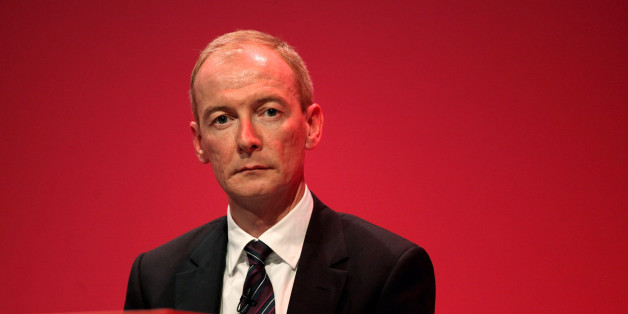
One year on from the referendum, the process of leaving the EU has become more real.
Until last week, the only real effect of last year’s referendum vote was the sharp fall in the value of the pound.
But following the triggering of Article 50 in March of this year, formal divorce talks have begun.
Following the spectacular miscalculation of holding an early election, the UK enters this process, its most important diplomatic effort since the war, with a weakened government, a Prime Minister stripped of all authority, and an openly divided Cabinet.
Meanwhile, the rest of Europe has drawn closer together with the success of Emmanuel Macron in France and the return of economic growth to the Eurozone.
Yet however deep the problems within the Government, the issues at stake are huge – the UK’s trading position, the level of security co-operation we have with our neighbours, the rights of millions of people living in the UK and in the EU, the border between Northern Ireland and the Republic of Ireland, and much more.
All of that is still to come. The first thing decided in the talks was the sequencing – an issue on which the UK Government had to make an early retreat. Having said four times in the Article 50 letter that they wanted talks on the future relationship between the UK and EU to take place “alongside” the Article 50 divorce talks, the UK had to concede that will not now happen. Instead, sufficient progress must be made on issues like the divorce bill – which wasn’t mentioned in the referendum – rights for EU and UK citizens living in other countries, and the Northern Ireland border before substantial talks on the future relationship can begin.
Since the referendum the discussion of Brexit in the UK has at times seemed to be one where Brexit could be what we wished it to be, as though we could simply draw up a wish list that said no future payments, no free movement of labour, the same trading benefits as we now enjoy, and no ECJ jurisdiction over the rules.
Yet the talks remind us this is a negotiation between two parties. The outcome will be what the two sides manage to agree.
In this respect, one crucial thing the outcome of the General Election may focus attention on is the mantra saying “no deal is better than a bad deal”. This was thought up by Brexiteers in the belief that David Cameron could have got a better deal by walking away. Yet “no deal” and therefore trading on the basis of WTO rules would mean tariffs on crucial British products like cars and agricultural products; and non- tariff barriers for our dominant and world-leading service industries. Embracing this option means a gun pointed at our own heads far more than at the rest of the EU.
It is therefore vital that the Government dispenses with the no deal mantra and tries to negotiate a deal on a future relationship that meets the test David Davis set – to secure the “exact same benefits” as we currently have.
To meet this test, the Government must set aside the more ideological thinking of the hard Brexiteers and the right wing press which drives them on. My constituents are hard-pressed enough. Their prosperity must not be sacrificed for the obsessions of others who can pay the price of a Brexit at any cost. The Government must put the economy first and be clear that its top priority is the prosperity and security of its citizens.
These sentiments ought not to be controversial. To the extent that they are is an illustration of what has gripped UK politics over recent years and how urgent the need is for good and strong leadership through these negotiations.
Pat McFadden is the Labour MP for Wolverhampton South East, and a leading supporter of Open Britain
Follow Pat McFadden on Twitter: www.twitter.com/patmcfaddenmp
END

Be the first to comment